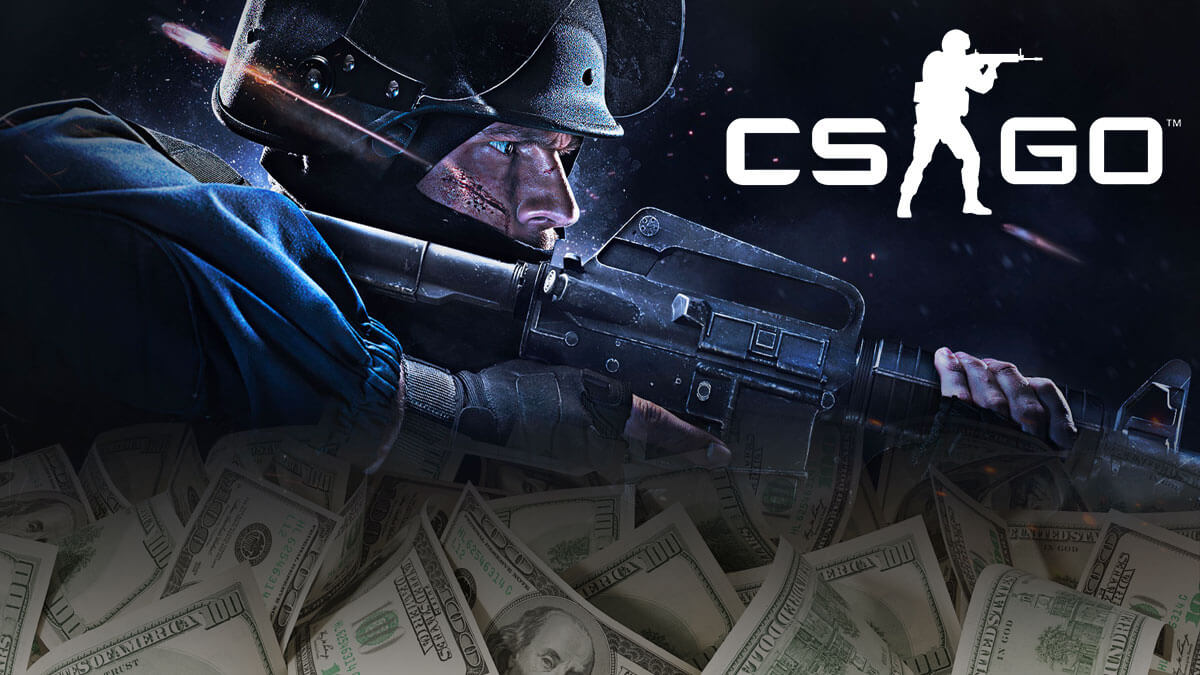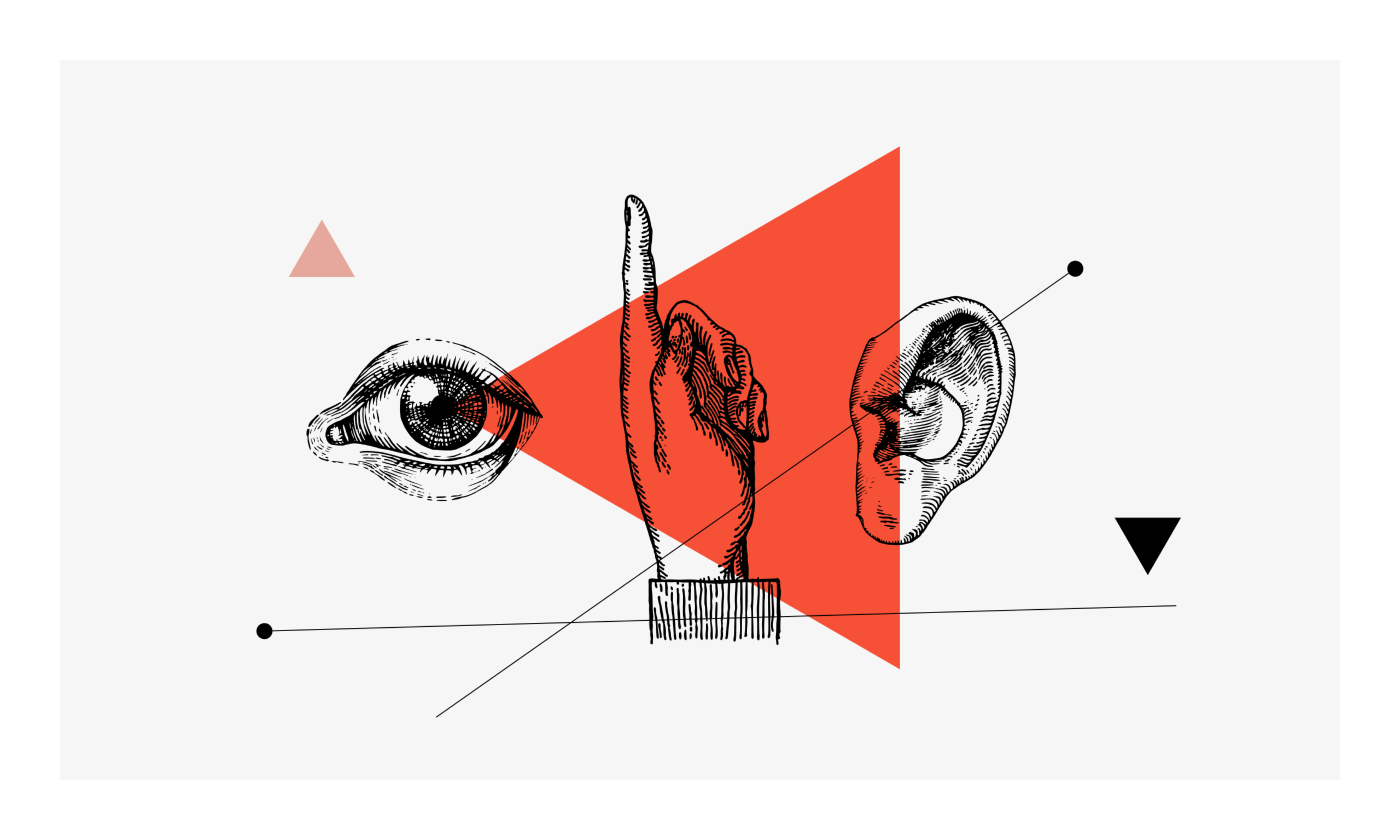Source: CS:GO Betting guide
CS:GO is one of the most popular first-person shooter games in the world, with millions of active players and a dedicated esports scene. The game has also become a popular platform for online betting, with many websites offering odds on professional CS:GO matches and tournaments. But can you really make money by betting on CS:GO, and if so, which websites are the best to use? … Read More










